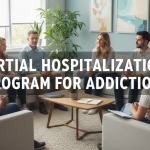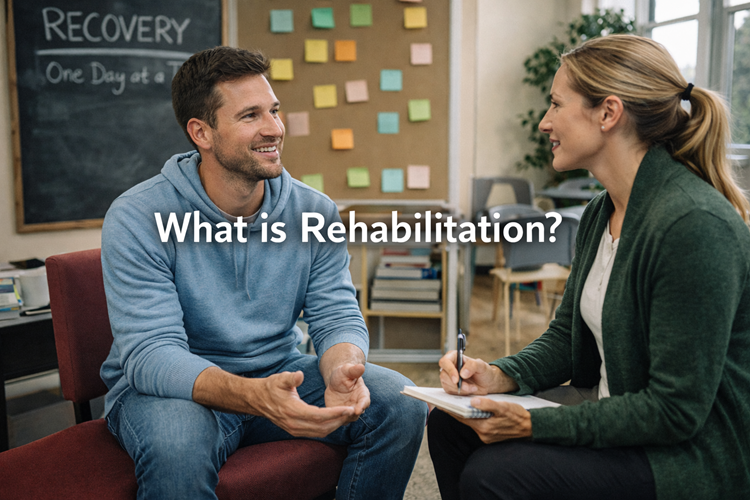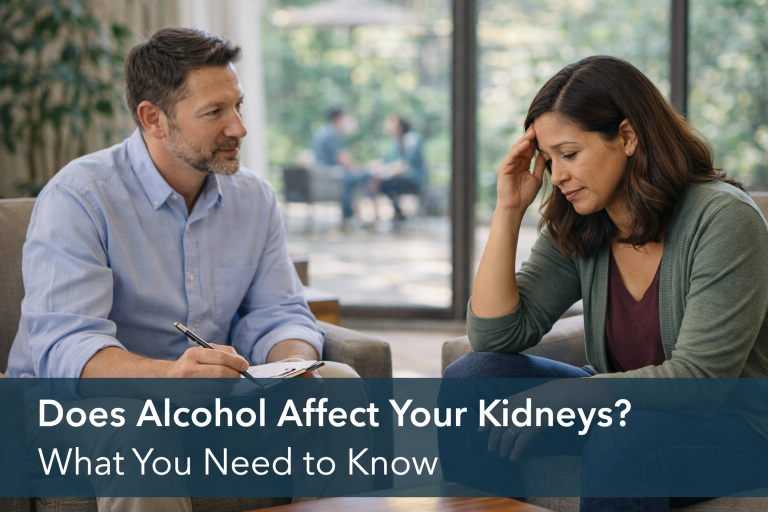Emotional and psychological manipulation from narcissistic abuse can leave a lasting imprint on a person’s mental health. However, wherever it occurs, in the context of romantic relationships, family dynamics, or in the work environment, the negative fallout from this kind of abuse can be very long-lasting and deeply damaging. In this blog, we will look at what narcissistic abuse is, its impact on mental well-being, and how to get the help you need to recover and rebuild.
What is Narcissistic Abuse?
Narcissistic abuse comes from individuals that have a narcissistic personality or narcissistic traits. Most of them behave by not having empathy, being too important to themselves, and craving excessive praise. Abuse is generally a combination of manipulative techniques like gaslighting, emotional invalidation, and controlling behaviors designed to debase the victim’s feeling of self-worth.
Common Traits of Narcissistic Abusers:
- Gaslighting: Causing doubts with the victim regarding their reality and or memories.
- Manipulation: To use guilt, fear, or shame to control behavior.
- Emotional Invalidation: Not taking into account the victim’s feelings.
- Isolation: The victim is separated from their support systems.
Signs of Narcissistic Abuse:
- Self-doubt and confusion all of the time.
- A fear of taking a stand for themselves or saying no.
- Feeling isolated, trapped, or emotionally drained.
- Being overly dependent on the abuser for validation or approval.
Effects of Narcissistic Abuse
Profound emotional and psychological effects are a result of narcissistic abuse. And, often, victims work through feelings of overwhelming inadequacy and confusion to escape the cycle of abuse. Below are some of the common mental health effects:
- Chronic Stress and Anxiety: Living in fear of the abuser’s unpredictable reaction is a constant for those surviving narcissistic abuse. Over time this chronic stress can become generalized anxiety disorder (GAD) or panic attacks.
- PTSD: If narcissistic abuse is of long duration, the trauma it can cause can be downright horrible and survivors may suffer from PTSD. Common symptoms for victims include flashbacks, intrusive thoughts, and difficulty regulating emotions.
- Low self-esteem and Self-doubt: Repeated emotional invalidation and manipulation can weaken a victim’s self-worth. Feeling less than adequate and self-doubt is something victims can internalize because of abusers’ criticisms.
- Isolation and Hopelessness: Narcissistic abusers isolate their victims from friends and family, leaving them feeling lonelier than ever. As such, this isolation can cause feelings of hopelessness and despair.
How Narcissistic Abuse Affects Long-Term Mental Health
The aftermath of narcissistic abuse doesn’t heal fast. The psychological damage continues well beyond when the abuse is over for many and affects their lives.

- Depression and Risks of Suicidal Ideation: If the ongoing belittling and invalidation continue to an extreme, then depression can become severe. Some will be so hopeless they think of harming themselves or suicide as an escape.
- Trust and Relationships: Victims who have experienced manipulation and betrayal can find it difficult to place their trust in others so much so that they will have difficulty forming healthy relationships in the future.
- Cognitive Distortions and Trouble Making Choices: Years of being told they’re “wrong” or “incapable” can make it hard for victims to trust their judgment or make decisions.
Recognize the Signs and Seek Help
If you or someone you know has suffered from narcissistic abuse, know that you’re not alone. We have mental health services that will support individuals who are recovering from abuse and those suffering from narcissistic personality disorder. Don’t delay the first step toward healing and reclaiming your life. We have a program that will work for you, and we welcome you to contact us today to learn more.
Healing After Narcissistic Abuse
Narcissistic abuse recovery takes time, patience, and some support. The path to healing can be hard but it is also super healing. Here are some key steps to begin the recovery process:
- Seek Professional Therapy: Addressing the psychological impact of narcissistic abuse is one of the best ways to do so. CBT, trauma-focused therapy to name a few, can teach victims how to process their experience, reframe negative thought patterns, and build resilience.
- Build a Support System: Friends, family, and support groups help in creating a sense of community and understanding and validating and empowering, sharing your experiences with others who have faced the same challenges.
- Practice Self-Compassion: Those who are abused narcissistically feel very much shame and self-blame. But first, you need to practice self-compassion and affirm your worth because rebuilding yourself depends on that. Mindfulness techniques and self-care routines can also help.
- Establish Boundaries: The key to protecting yourself from harm in the future is learning how to set boundaries and stand by them. This involves learning when to walk away and a healthy way to ask for your needs.
- Support for people with NPD in Your Life: While it tends to be centered around the victims of narcissistic abuse, it’s equally important to help people with narcissistic personality disorder (NPD). Encouraging them to go get therapy to address whatever is deep down driving their behavior, can help clear away the cycle of abuse, improving their lives and the lives of their victims.
- Educate Yourself About NPD: Knowing the traits and difficulties of people who have NPD can make relationships with them more manageable. The same knowledge can also help you set good boundaries and manage your expectations correctly.
- Encouraging Treatment While Setting Boundaries: You can help support someone with NPD without giving in to your mental health. Tell them to see a professional and do therapy, but let them know you need boundaries (that’ll keep you sane).
- Know When to Step Away: There are times when it may be necessary for your mental health to end a relationship with someone narcissistic. An act of self-care and courage is to know when your relationship is no longer safe or sustainable.

The effects of narcissistic abuse on mental health can be devastating, but with the right help and resources, recovery is possible. Victims learn to understand the signs of abuse and how to heal from it. If you or anyone you care about is dealing with the consequences of narcissistic abuse or needs help to overcome NPD don’t hesitate to get in touch with us.



























